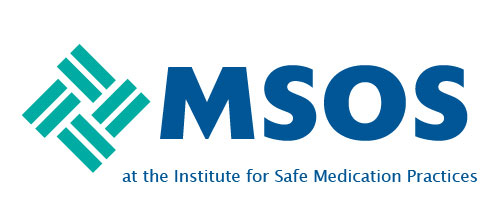Translation without substitution: the need for responsible AI integration in patient instructions
Language barriers between healthcare professionals and their patients remain a persistent challenge. Patients with limited proficiency in the primary language of the country where they receive care face higher risks of adverse events, misdiagnosis and unplanned readmissions.1 2 In linguistically diverse countries, services often fall short of meeting the needs of patients who speak minority languages. This leads to inequities in care across inpatient, outpatient and emergency settings. While concern for language discordance in healthcare is by no means a novel development, guidelines have rarely progressed beyond recommending implementation of professional interpreter services.3 In-person interpretation is generally considered the gold standard for addressing language barriers during direct care delivery4 5 and is in line with regulatory and ethical standards.6 Other modalities of interpretation, including telephone and video, are alternative options, although the feasibility of providing timely written...
